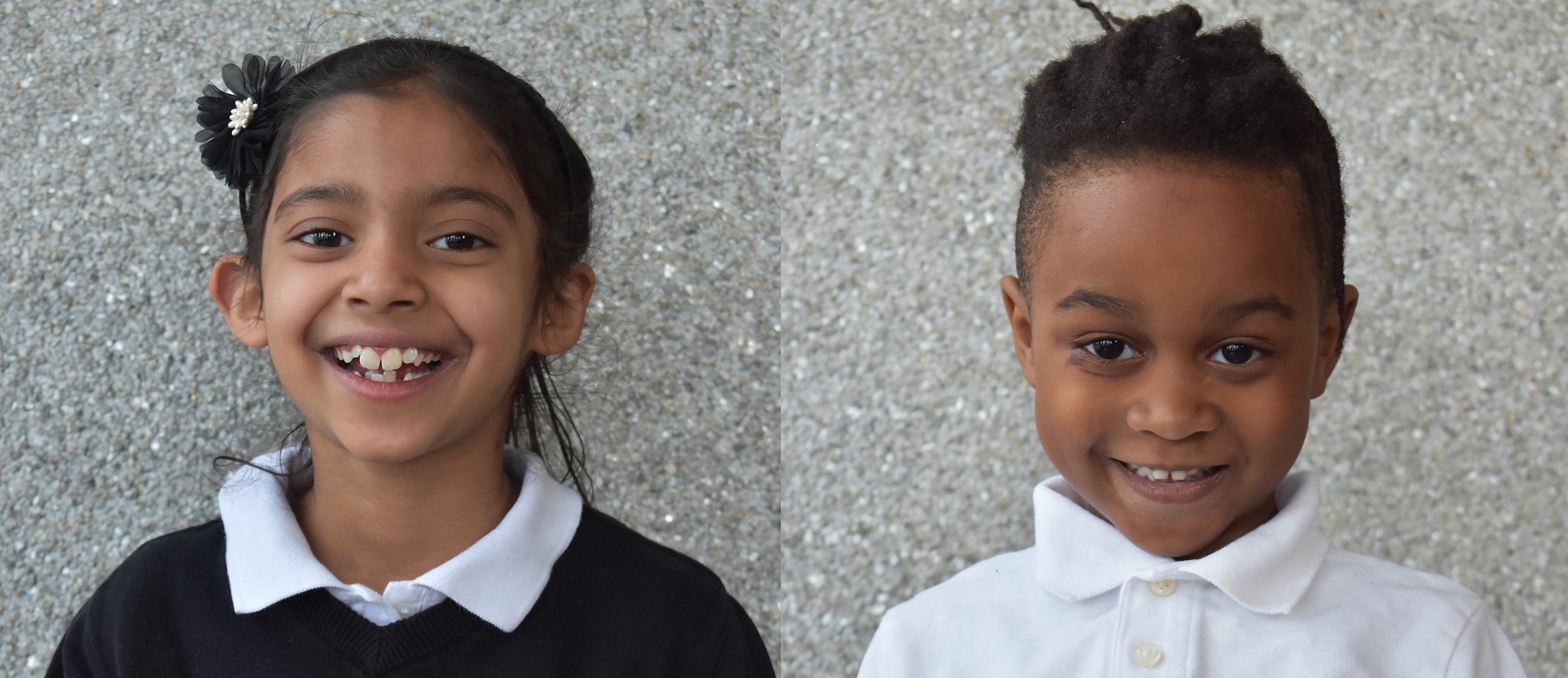
Hope Academy strives to promote academic excellence in a disciplined environment. All subjects are taught from a Christian perspective and emphasize strong morals. Hope Academy uses a variety of different curriculum materials in meeting the provincial curriculum expectations. The staff uses a variety of teaching methods in order to help students learn effectively.
Students are taught Bible stories to become familiar with God’s Word and see His concern for His people and His world. Memory work is an important component of Bible class. The students will enjoy the lessons and grow stronger in the knowledge and appreciation of God’s Word, His creatures, and His Creation.
This program encourages students’ growth in four areas: reading, writing, listening, and speaking. Reading mastery is the focus of the primary grades as reading is the key to success in most subject areas. A phonetic approach is used. The writing program includes penmanship and grammar as well as creative writing. Listening and speaking skills are developed through activities in a variety of subject areas. Students will have opportunity to present their work in order to develop speaking and presentation skills. Students learn to appreciate and evaluate various types of writing. Media literacy and discernment are also practiced.
Students are taught to see the orderly design of the world. Students learn number sense and numeration skills, measurement, geometry and spatial sense, patterning and algebra, and data management and probability. Students learn mathematical processes, operations, and language. They learn to reason, justify their conclusions, and express their ideas clearly. Basic math skills and speed drills are emphasized as well as problem solving and application skills.
Through the study of science students learn to appreciate the world around them. They learn to describe and explain things in the physical world by looking at characteristics of matter and a variety of systems and interactions. Through scientific experiments and inquiry, the students will develop the skills to explore scientific facts. The relationship of technology and science to society is explored. Stewardship and responsible use of resources and technology are emphasized.
Social Studies form the foundation for history and geography in the intermediate grades. Students learn what it means to be a responsible citizen in Canada. Key concepts include culture, change, power, environment, and the marketplace. They also learn to understand a variety of communities in our diverse and interdependent world. Research projects help students develop inquiry and communication skills.
Singing, which includes the teaching of Christian songs, is an important part of Hope Academy. In the junior grades students begin formal music instruction which includes theory and technique (recorder) as well as appreciation and awareness of a variety of music from different eras and cultures. Through these activities students develop their musical and creative abilities so that they can enjoy music for life.
Art helps students develop fine motor skills as well as gives opportunity for creativity and self-expression. Observation, imagination, and invention skills are practised. Students learn to understand art in context. They produce their own works as well as learn to respond to, appreciate, and evaluate the works of others. Art projects are often connected to other areas of the curriculum.
In the primary grades students begin to develop an appreciation for French, one of Canada’s two official languages, and learn to fluently communicate in it. The emphasis at this level is vocabulary which is taught through a variety of activities and songs. There is more formal instruction at the junior level which includes oral and written activities as well. Learning a second language always has an advantage; it not only strengthens the students’ abilities to communicate in a new language, but also fosters respect and appreciation of other cultures and languages.
Students are encouraged to develop habits of lifelong healthy and active living. Through a variety of physical activities students learn to achieve their personal best while practising fair play, respect, and sensitivity to others. Students learn that bodily development and physical fitness are necessary to live productive and healthy lives. They practise movement skills necessary to participate in and enjoy activities throughout their lives.